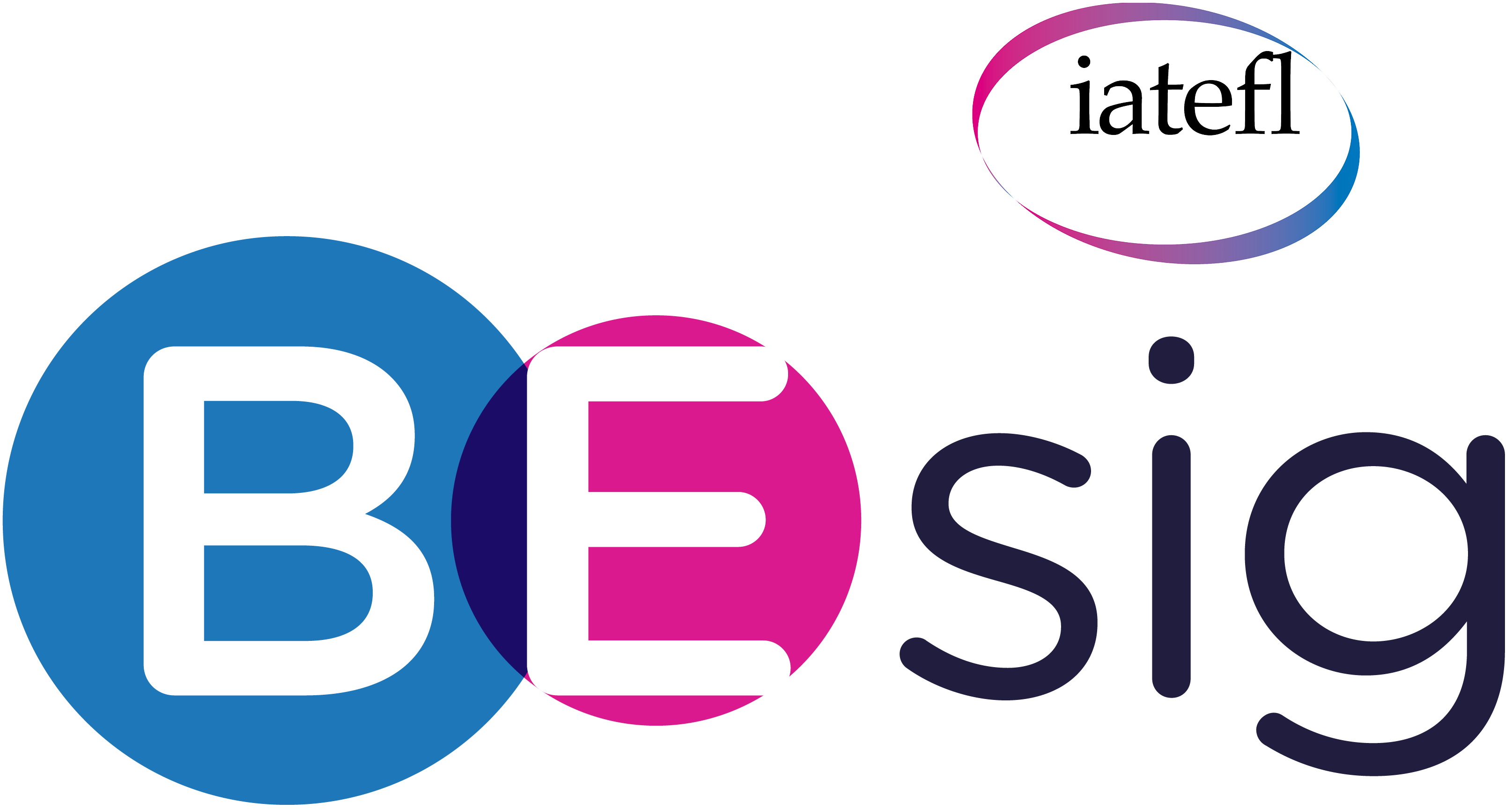
 During BESIG 1st Online Symposium, in June 2016, two BE trainers from different continents, one in Europe and another in South America, began a very interesting chat about the lives of Business English trainers in their own countries. They have very kindly accepted to share their views in our Blog. Today, we show you Part 1 of these interviews to Kirsten Waechter from Germany.
During BESIG 1st Online Symposium, in June 2016, two BE trainers from different continents, one in Europe and another in South America, began a very interesting chat about the lives of Business English trainers in their own countries. They have very kindly accepted to share their views in our Blog. Today, we show you Part 1 of these interviews to Kirsten Waechter from Germany.
Hello Kirsten, thank you for being with us today. Could you please tell our readers a little bit about yourself?
I am a business English teacher and business communication skills trainer. But as I get bored easily, I also work as an intercultural trainer, which helps a lot when you work in international business of course. In addition, I work as a translator, author, advisor, examiner and I do teacher training as well. I am based in the west of Germany where it is quite easy to find work, and I also spend a lot of time in Scotland, my second home, and on my island in Sweden.
Which were your first steps in the Business English world?
Like many fellow trainers, I did not plan to work as a business English trainer. I hold a master degree in media studies and English literature and was teaching cultural and media studies at the university. But at some point – around 18 years ago – I began to realize that I did not want to get entangled in all of those administrative duties and routine work. So I started working freelance learning the ropes of business from books, but, more importantly, from my students who worked in accounting, HR, sales and marketing and engineering. I liked it because I met so many interesting and different people and learned a lot. I would say that is still my motivation today because I really enjoy working with people.
How was the market in your country at that time and how is it now?
When I started in 1999, I did a lot of weekly extensive courses in large companies which were taken over by British or other foreign companies and suddenly their staff needed English. At that time, the situation was that native speakers of English were wanted as “the real thing”, so being bilingual helped. If you were a native speaker, often the schools did not expect you to have any teaching qualification: it was typical to get your jobs through language schools that had frame agreements with companies. I don’t think there was that much competition and companies invested a lot due to the increasing internationalization of German business at that time. Over the years, the market has got tougher. There is far more competition and teachers have to be highly qualified. But – they don’t get paid more. If you start today, the pay for extensive courses is quite often poor so I am happy that I have a good list of customers and a good reputation that allows me to make a decent living on what I do. Companies tend to invest less – they expect their staff to have acquired skills of business skills at school or uni. The Internet has changed things too – webinars and online sessions e.g. via Skype are far more common.
There are so many labels for our profession: trainer, facilitator, etc… How would you call yourself?
I usually use the word trainer. Teacher reminds people of school and my students often hated English at school so this does not go well for them, and coach is a label that you are only allowed to use in Germany if you have a coaching qualification which I don’t. Trainer also works in German and English and sounds very active so people expect that kind of course and that is what they are getting.
Based on your experience, how would you describe the role of a BE trainer?
Well, that depends on the definition. I think a BE trainer has to be some kind of all-rounder, as we need to combine language skills with communication skills, business acumen and intercultural awareness. You need to be able to identify what your students need and which strategies will help them to get there. Often the issues are less in the language itself, but in their communication style or their lack of reflection e.g. why a meeting or a negotiation went wrong. However, our customers often fail to see this kind of extra value they are getting and think “It is only an English lesson”. Which my lessons are hardly ever. I also find that you have to keep yourself up to date with what is going on in both the teaching world and the business world.
Are BE trainers represented in your country through a TA?
Not that I know of. There are trade unions and teaching associations for teachers in general, but I don’t think that there is anything for BE trainers (apart from BESIG, of course). Teaching freelance online and in companies is a very lonely profession so it is very important to develop a good personal learning network to exchange information. Not only information on trends in teaching and business, but also on crucial things like tax and insurance which are often difficult to handle – when you move to Germany from abroad, of course, but also when you become self-employed in Germany and need to check out all those regulations.
In what ways do Teachers Associations help develop a professional profile?
Well, I think they could do that by offering further training and some of the information mentioned above, but also by helping to explain to the world what it is we are actually doing. That is something you have for translators or intercultural trainers so that people get a better idea of what they can are able to offer and how they are qualified.
In your opinion, what are the perspectives for Business English trainers?
I think that we have to communicate the crucial role we play as trainers in helping to prepare people for managing business situations in a foreign language. Even when I look at how some native speakers of English behave in a conference call or a meeting I go like “OMG, he cannot really speak like that, he needs to communicate better”. So I would say that apart from teaching business vocabulary, communication skills will be the big issue together with intercultural skills – I think you cannot really separate those two. I also think we need to prepare for different types and training offers too – and we need to make people understand that we are worth our money.
Do you have a motto in your professional life?
Yes: helping people do their jobs better and life-long learning are my two guiding principles. Thank you!
Thanks to you, Kirsten for sharing your thoughts and experience with us.



